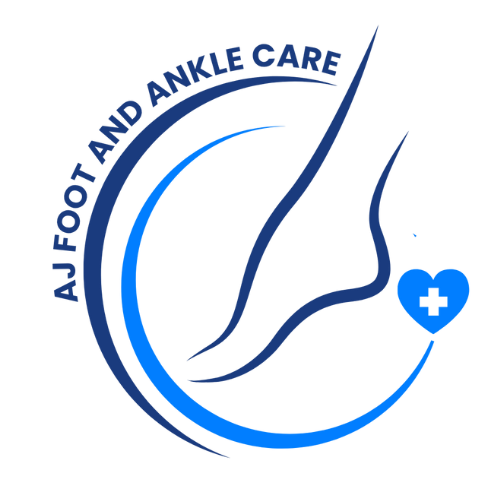Achilles Tendinitis
Achilles tendinitis is a common overuse injury that causes pain and inflammation in the tendon that connects your calf muscles to your heel bone. This strong, fibrous cord—the largest tendon in the body—plays a vital role in walking, running, and jumping. When it becomes irritated, even simple activities can become uncomfortable.
What Is Achilles Tendinitis?
Achilles tendinitis occurs when the tendon becomes inflamed due to repetitive stress or sudden increases in activity. It typically develops gradually and can range from mild stiffness to severe pain that limits movement. If left untreated, the condition may progress and increase the risk of a tendon tear or rupture.
Common Causes
This condition is most often caused by overuse or a sudden spike in physical activity. Other contributing factors include:
-
Tight calf muscles or lack of proper stretching
-
Poor footwear or unsupportive shoes
-
Running on uneven surfaces or hills
-
Flat feet or fallen arches
-
Aging, which naturally weakens tendons over time
-
Inadequate warm-up or training techniques
Athletes, especially runners, are particularly prone to this condition, but it can affect anyone with an active lifestyle.
Symptoms
Symptoms of Achilles tendinitis typically begin as a mild ache above the heel or in the back of the leg after activity. Other common signs include:
-
Pain that worsens with activity, especially running or climbing stairs
-
Stiffness or tenderness, often most noticeable in the morning
-
Swelling or thickening along the tendon
-
A warm or irritated feeling at the back of the ankle
-
Limited range of motion in the ankle or foot
In severe cases, a snapping or popping sound may occur, indicating a potential tendon rupture that requires immediate medical attention.
Diagnosis
Your provider will begin with a physical examination and review of your symptoms and activity history. You may be asked to perform simple movements to evaluate the strength and flexibility of your calf muscles and ankle. Imaging tests such as an ultrasound or MRI may be recommended to confirm the diagnosis and assess the extent of damage.
Treatment Options
Treatment for Achilles tendinitis focuses on reducing pain, improving mobility, and preventing further injury. Most patients recover with non-surgical care, which may include:
-
Rest and activity modification: Avoid high-impact activities and give the tendon time to heal.
-
Ice therapy: Applying ice helps reduce swelling and discomfort.
-
Stretching and strengthening exercises: A guided rehabilitation program can help restore flexibility and strength.
-
Orthotics or heel lifts: These can reduce stress on the tendon by supporting the foot and reducing tension.
-
Supportive footwear: Wearing shoes with proper cushioning and arch support.
-
Anti-inflammatory medication: Over-the-counter or prescribed medications to manage pain and inflammation.
-
Physical therapy: Focused therapy can accelerate healing and prevent recurrence.
When Surgery Is Needed
Surgery may be considered if symptoms persist after several months of conservative treatment or if the tendon is significantly torn. Surgical options vary depending on the extent of the injury and may involve removing damaged tissue or repairing the tendon.
Recovery from surgery involves physical therapy and a gradual return to activity under the guidance of your provider.
Preventing Achilles Tendinitis
To avoid future injury, consider the following tips:
-
Warm up properly before exercise
-
Incorporate calf stretches into your routine
-
Increase activity levels gradually
-
Wear shoes that support your arch and cushion your heel
-
Cross-train to reduce repetitive stress on the tendon
When to Seek Help
If you experience persistent pain or stiffness in your Achilles tendon, schedule an evaluation. Early treatment can prevent more serious complications and get you back to your activities with confidence.
About Dr. Mansoori
Dr. Jasmin Mansoori is a board-certified podiatrist known for her compassionate approach, clinical expertise, and commitment to delivering thoughtful, patient-centered care.
Quick Connect
office@ajfootanklecare.com
469-398-1972
737-247-7483
2301 Ohio Dr., Ste 182
Plano, TX 75093
Office Hours
Mon-Fri : 9AM – 5PM
© 2025 AJ Foot and Ankle Care. All rights reserved.
